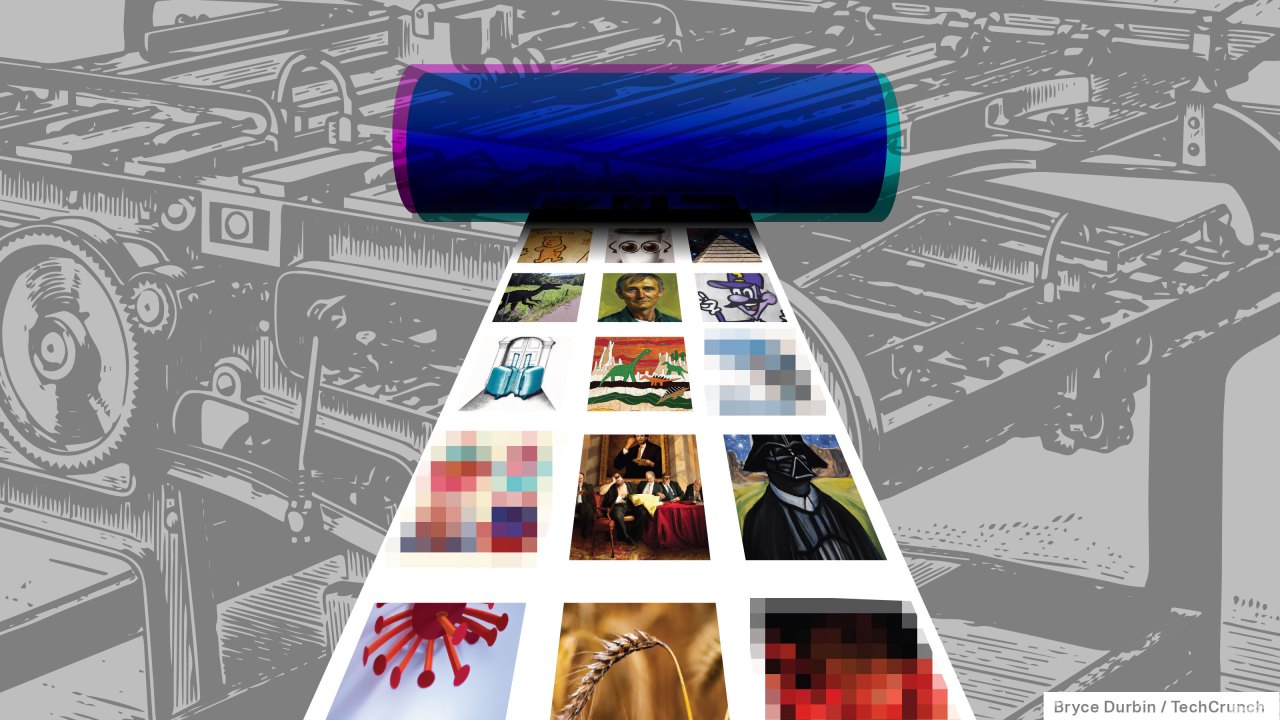The intersection of art and technology is undergoing a transformative phase, especially with the rise of generative AI. Models like OpenAI’s DALL-E 3 and Midjourney have demonstrated an astounding ability to generate art from text prompts. Yet, behind the curtain of this technological marvel lies a significant concern: the ethical treatment of artists and their work. Many of these models are trained on vast datasets that include artwork created by individuals who haven’t consented to their contributions being utilized. In response, tools like Kin.art have emerged, designed not only to protect artists’ rights but to disrupt the status quo in the generative art landscape.
The Dilemma of Artwork and AI Training
As generative AI continues to evolve, a considerable number of artists find themselves unprotected and uninformed about how their creations may be used by machine learning models. While some platforms have made strides to ensure that artists receive compensation, many remain unresponsive to these ethical concerns. The crux of the issue is simple: artists deserve to maintain control over their work, particularly in a field as lucrative as AI-generated art.
Introducing Kin.art: A Game-Changer for Artists
Launched recently, Kin.art’s free tool represents a significant breakthrough in the fight against unauthorized AI training on artwork. Co-developed by Flor Ronsmans De Vry, Mai Akiyoshi, and Ben Yu, the platform employs innovative techniques like image segmentation and tag randomization. By modifying both the visual and metadata aspects of artwork, the tool effectively prevents generative AI models from accurately identifying and using the images for training purposes.
- Image Segmentation: This technique involves concealing parts of an artwork, rendering it less recognizable to AI models without compromising the artistic integrity of the piece.
- Tag Randomization: By swapping the metadata tags associated with an artwork, Kin.art ensures that generative models cannot easily access and utilize the image in their training datasets.
How Kin.art Stands Out
What sets Kin.art apart from existing solutions? According to Ronsmans De Vry, their method does not rely on cryptographic modifications, which can often be complicated and costly for artists. Instead, by preventing artwork from being included in training datasets altogether, they provide a proactive solution, effectively safeguarding artists’ creations from potential exploitation in the first place. This not only empowers artists but also fosters a more ethical approach to the emerging field of generative art.
Future Prospects and Philanthropic Vision
Kin.art’s commitment isn’t just limited to their platform. By pledging to make their tool available for third-party websites, they aim to democratize the protection of artistic work in an age where such measures are critically needed. Ronsmans De Vry emphasizes the challenge of maintaining integrity in the intersection of traditional and generative arts: “Owning and being able to defend your platform’s data in the age of AI is more important than ever,” he states. This initiative can provide essential support for both small and large platforms needing to protect their users’ creative outputs.
Concluding Thoughts: A Collaborative Future for Artists and AI
As we venture further into the realm of generative AI, the conversation surrounding the ethical use of artistic works must be pivotal. Tools like Kin.art’s serve to not only protect artists but to pave the way for a future where their contributions are respected and acknowledged in the burgeoning field of AI-generated creativity. As we embrace these advancements, it’s essential to foster an ecosystem that values collaboration rather than appropriation.
For more insights, updates, or to collaborate on AI development projects, stay connected with fxis.ai. At fxis.ai, we believe that such advancements are crucial for the future of AI, as they enable more comprehensive and effective solutions. Our team is continually exploring new methodologies to push the envelope in artificial intelligence, ensuring that our clients benefit from the latest technological innovations.

